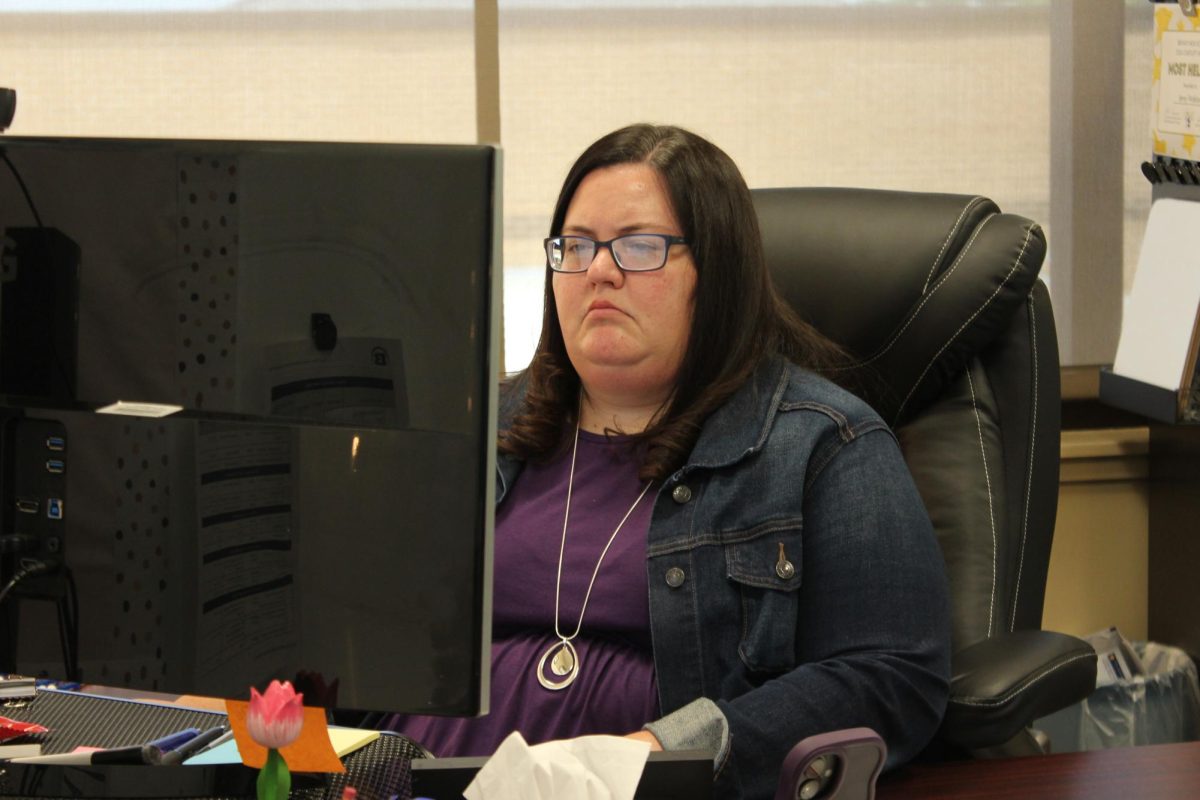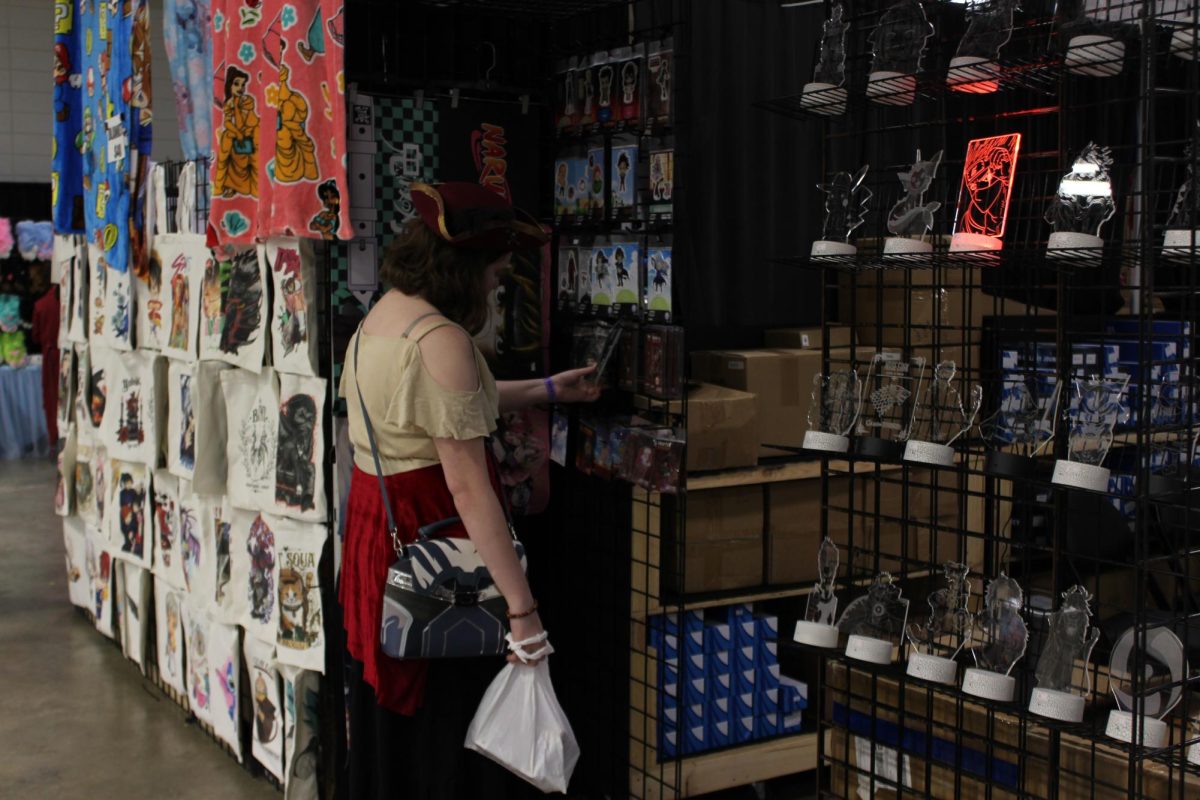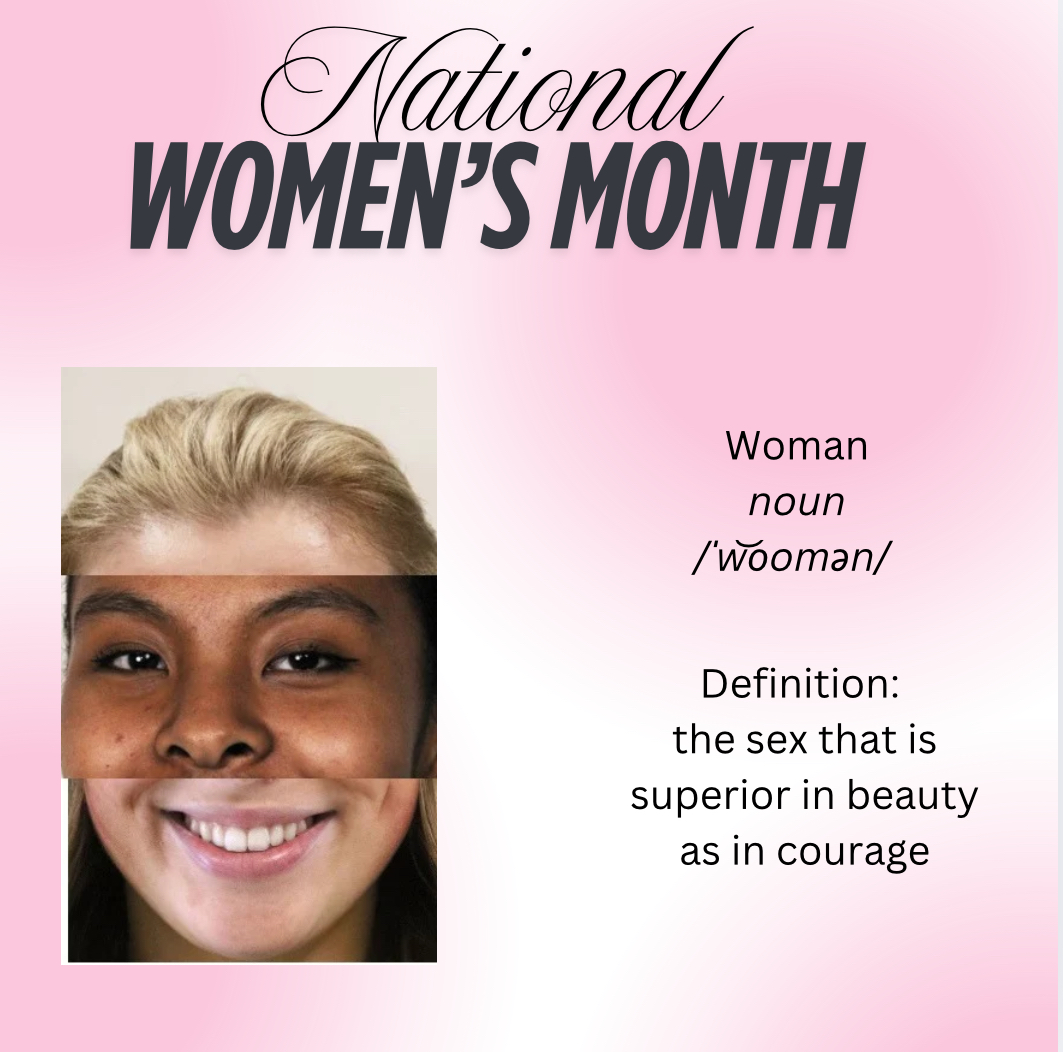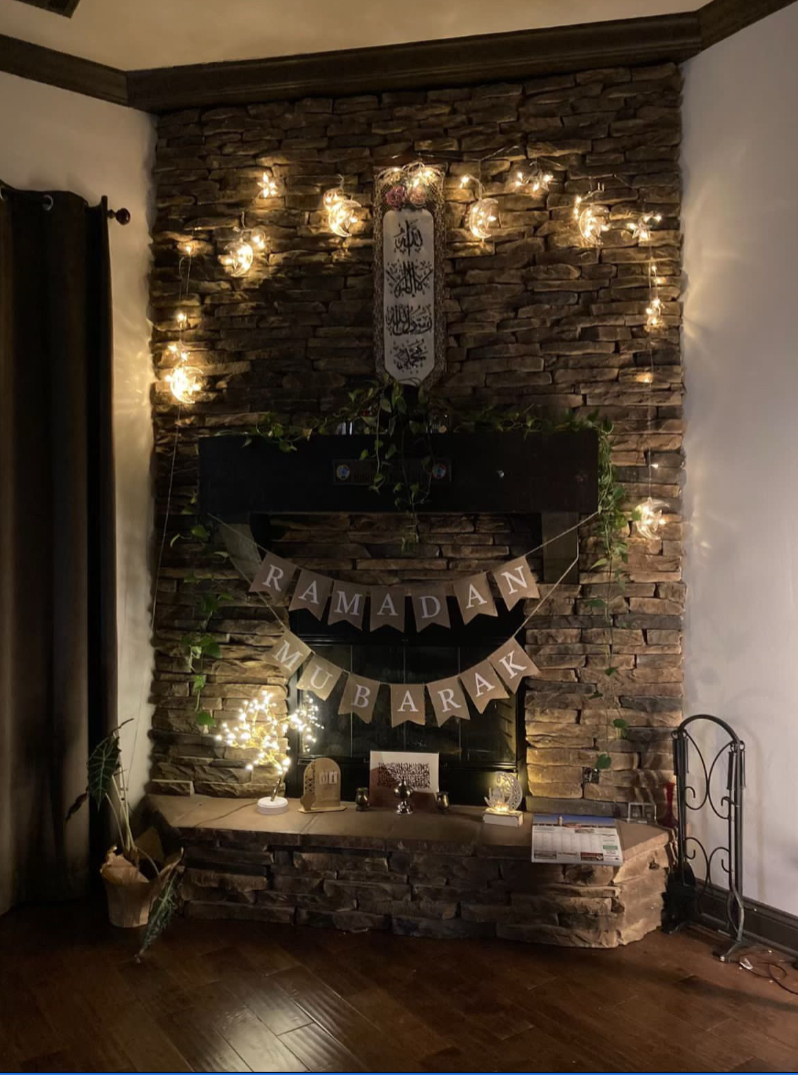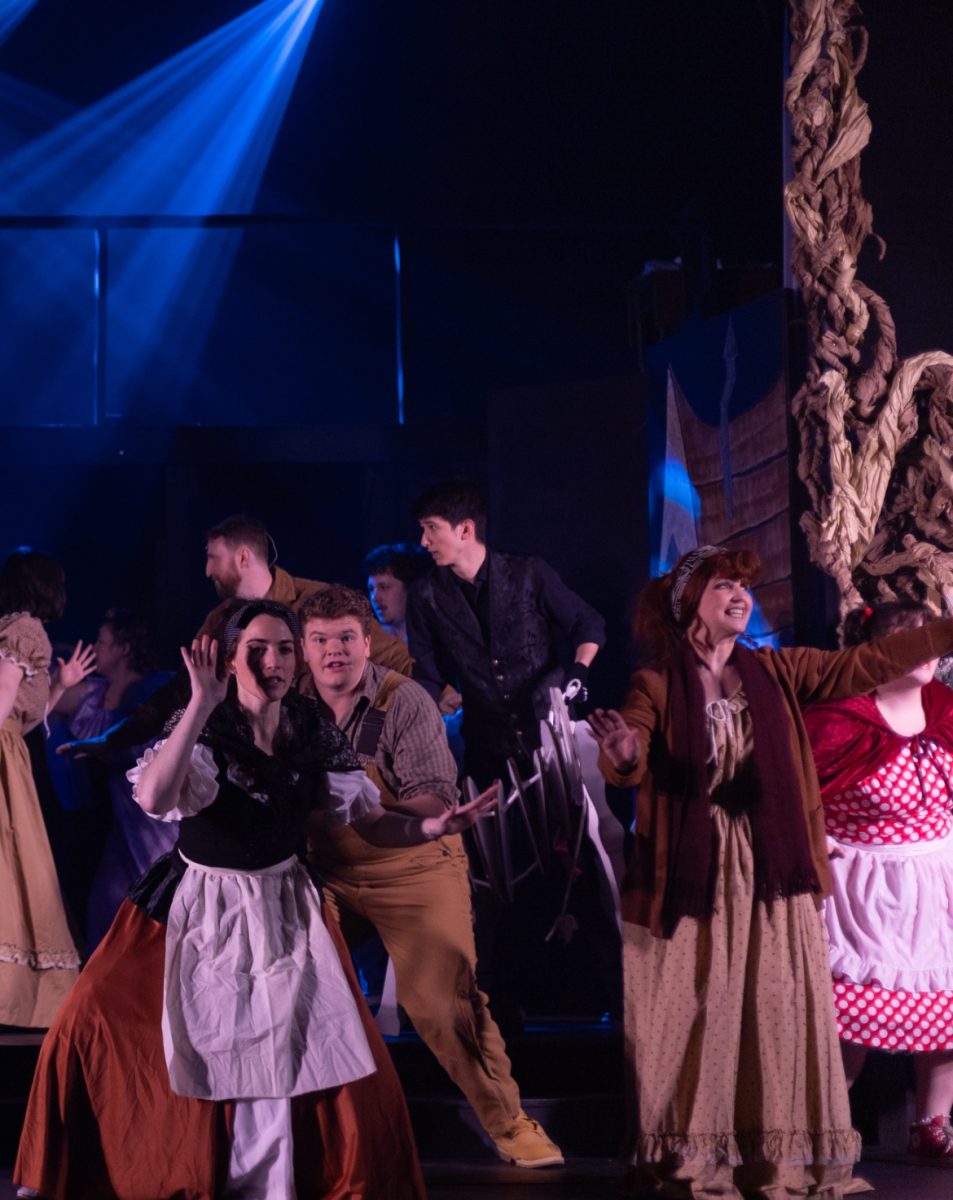
While some students sat at home enjoying the splendors of Netflix, Lauren Fuller kicked back and embraced the rays and constant flow of reggae music in Jamaica. Just a week before her junior year began, she was off with her family to see a new side of the world.

“We stayed on the resort most of the time, but on our very last day there, we went outside of the resort and visited Wise Falls,” Fuller said.
Fuller and her family shared unique experiences. One in particular was the Black River in Montego Bay.
“It was a river with 600 crocodiles, and we took a tour guide and pontoon boat out there. The tour guide actually at one point stuck his hand in the water and grabbed a crocodile out of the water by one of its legs,” Fuller said. “While we were out there, we saw Jamaican men in what looked like little canoes, and they were spear fishing in the water with the crocodiles to [later] sell the fish.”
Teenagers seem to have a cliché image of Bob Marley in their minds when it comes to Jamaica, and according to Fuller, this image is an accurate one.
“Everywhere you went, you could hear reggae music going, whether it was from somebody’s car, a live band or just a street performer,” Fuller said. “Most people there actually did have dreads. They would keep them either hanging really low down their back, or they’d keep them in these huge hats stacked up on their heads. [They were] usually Bob Marley colors [red, green, and black, the colors of the Jamaican flag].”
While travelers often focus solely on the good when experiencing a new culture, sometimes their minds are opened up to underlying problems. Fuller witnessed this first hand.

“There was a lot of poverty. On the drive to our resort from the airport, there [were] a lot of children and women begging on the sides of the roads and in the middle of the streets in between cars going 40 to 60 mph. They [were] just inches away from these cars. When you [came] to a complete stop, they walk[ed] up to your window and [held] stuff up that they want[ed] you to buy,” Fuller said.
Even with the poverty, Fuller said the people seemed positive, and they did not let the lack of materials drag them down.
“They were all very kind, polite, thankful, and gracious of you being there. Everyone there was just really nice,” she said.
Fuller also noticed that Jamaicans take their time. They do not feel the need to rush, which is the opposite of the typical American’s view. Unlike most Americans, they do not set a timeframe for their lives.

“One of their mottos is to relax, look around, and just enjoy life for what it is and just [to] be thankful and chill,” she said.


